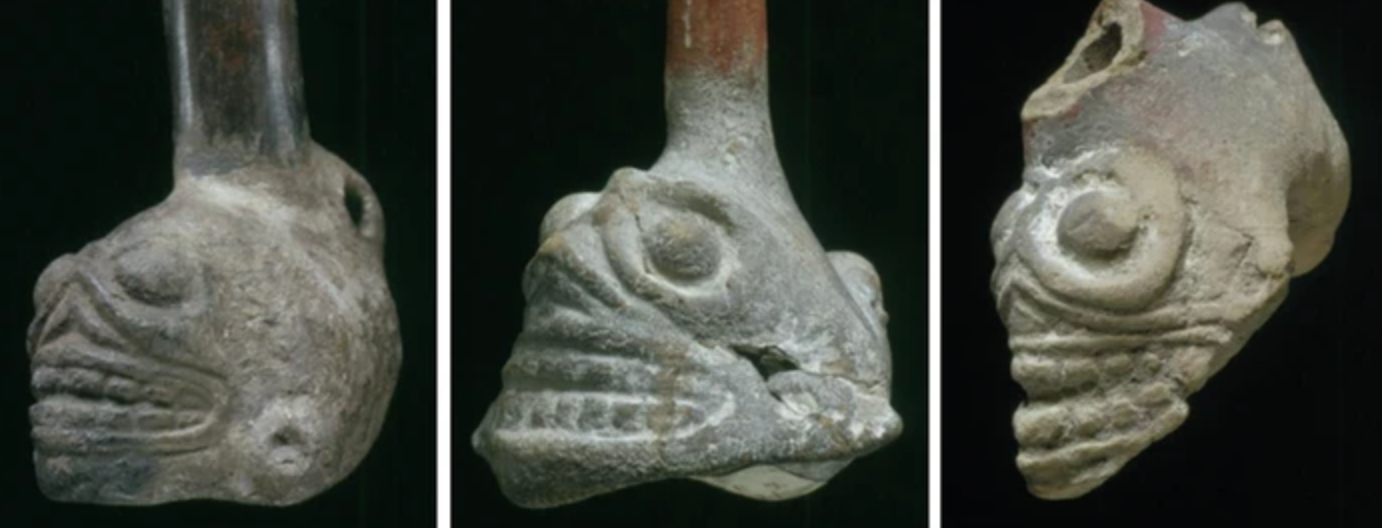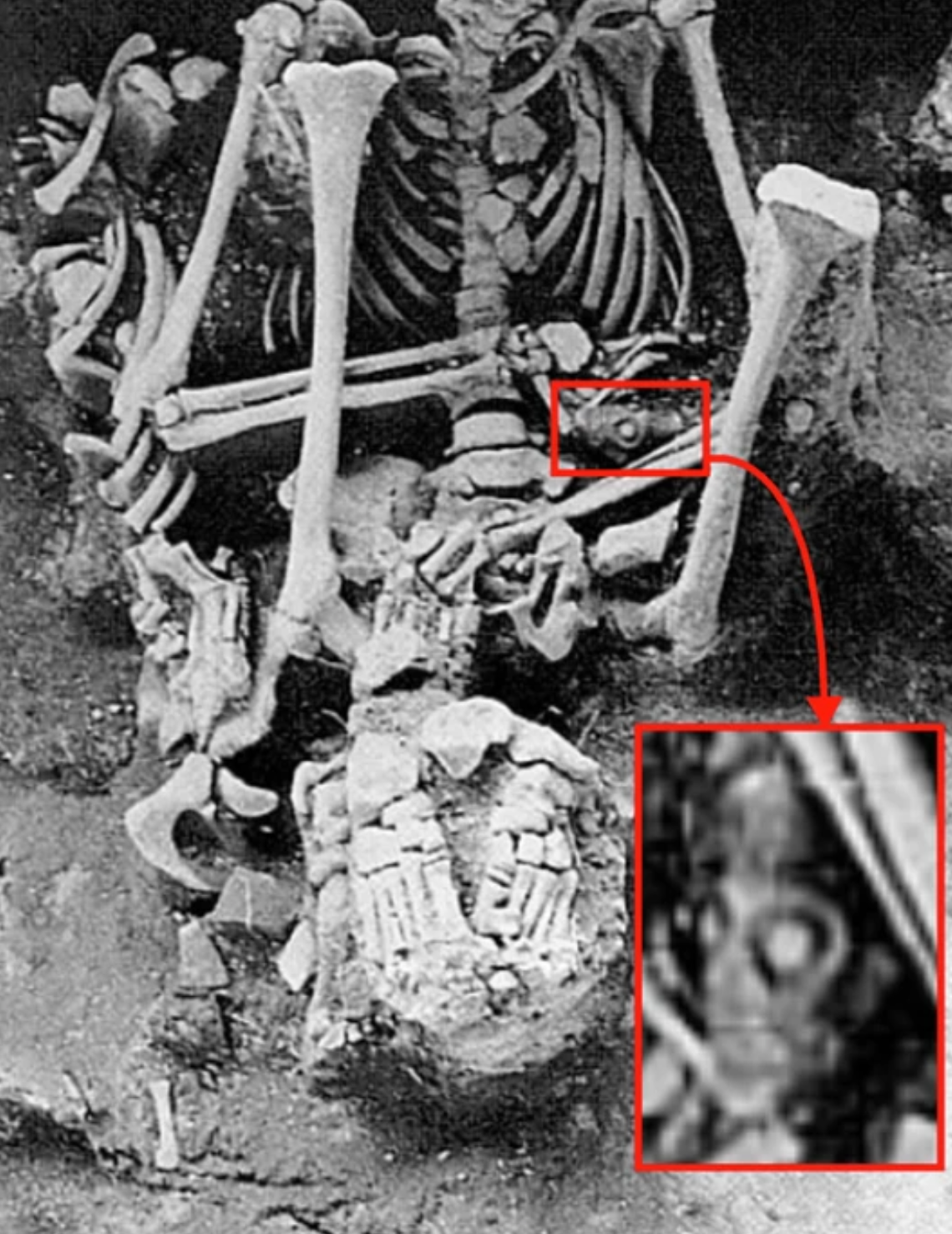Aztec shrieking death whistles struck otherworldly fear, scientists find
Whistles produce ‘aversive and scream-like’ shrieking sounds, researchers say
Your support helps us to tell the story
From reproductive rights to climate change to Big Tech, The Independent is on the ground when the story is developing. Whether it's investigating the financials of Elon Musk's pro-Trump PAC or producing our latest documentary, 'The A Word', which shines a light on the American women fighting for reproductive rights, we know how important it is to parse out the facts from the messaging.
At such a critical moment in US history, we need reporters on the ground. Your donation allows us to keep sending journalists to speak to both sides of the story.
The Independent is trusted by Americans across the entire political spectrum. And unlike many other quality news outlets, we choose not to lock Americans out of our reporting and analysis with paywalls. We believe quality journalism should be available to everyone, paid for by those who can afford it.
Your support makes all the difference.Aztec “skull whistles” found in ancient gravesites were designed to produce shrieking sounds and instil “otherworldly” fear even in modern people, scientists say.
Archaeologists have uncovered several versions of these skull-shaped clay whistles from Aztec gravesites dating from about 1250 to 1521AD.
Many have been found to work today just as they likely did during ancient rituals following which the artefacts were buried next to a person in a grave.
Previous research has found the whistles produce “aversive and scream-like” shrieking sounds.
The sounds are produced as air is pushed through different parts of the whistle before colliding.

Scientists have suspected that the whistles were meaningful either for sacrificial practices, mythological symbolism, or for intimidation in warfare.
But evidence for any of these theories has been missing.
In a new study, published in the journal Communications Psychology, researchers at the University of Zurich, Switzerland, recorded the neurological and psychological responses of volunteers who listened to the sounds produced by the whistles.
The volunteers rated the sounds “very negative” and labelled them as “scary and aversive”. The shrieking sounds potentially triggered “urgent response tendencies” and interfere with “ongoing mental processes” of the listeners, the study notes.
The whistles were perceived as having an eerie “unfamiliar” origin, mimicking startling sounds known to be produced by both nature and technology.
“Whistles thus seem unique sound tools with specific psycho-affective effects on listeners,” researchers note in their study.
“They were psychoacoustically classified as a hybrid mix of being voice- and scream-like but also originating from technical mechanisms.”
Analysis of brain activity of the volunteers at the time of listening indicates the brains were likely tuned to evaluate the emotional nature of the sound.

Based on these observations, researchers say the skull whistles were likely used to scare the human sacrifice or the ceremonial audience.
“Aztec communities might have capitalised on the scary and scream-like nature of skull whistles,” they say, adding that ritual use of the whistles during human sacrifice was more likely than the warfare hypothesis.
They add, however, that further verification of ancient texts is needed to validate this conclusion.

Join our commenting forum
Join thought-provoking conversations, follow other Independent readers and see their replies
Comments